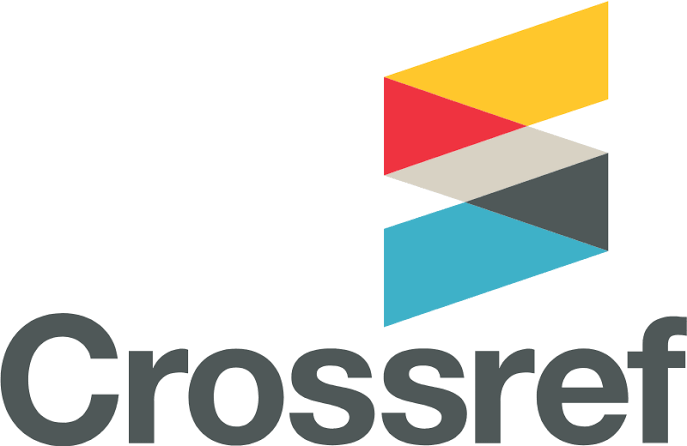AN EVALUATION OF THE EFFECTIVENESS OF THE CURRENT CURRICULUM FOR CHRISTIAN RELIGIOUS STUDIES IN NIGERIAN TERTIARY INSTITUTIONS: CHALLENGES AND PROSPECTS
DOI:
https://doi.org/10.5281/m.v6i1.114Keywords:
Current. Curriculum. Christian Religious Studies Nigerian Tertiary Institutions: Challenges And ProspectsAbstract
This study evaluates the effectiveness of the current curriculum for Christian Religious Studies (CRS) in Nigerian tertiary institutions, focusing on its challenges and prospects. The research employs a mixed-methods approach, combining quantitative surveys of students and educators with qualitative interviews to gain insights into the curriculum's relevance, content delivery, and alignment with contemporary societal needs. Findings indicate that while the CRS curriculum provides foundational knowledge of Christian teachings, it often falls short in addressing critical contemporary issues such as interfaith dialogue, social justice, and ethical leadership. Challenges identified include outdated content, insufficient pedagogical training for educators, and a lack of resources for effective curriculum implementation. Despite these challenges, the study reveals significant prospects for enhancing the curriculum through the integration of innovative teaching methods, interdisciplinary approaches, and community engagement. Recommendations include revising the curriculum to incorporate contemporary issues, enhancing professional development for educators, and fostering collaboration between educational institutions and religious organizations. This evaluation emphasizes the need for a responsive CRS curriculum that not only educates students about Christian doctrines but also equips them with the skills to navigate and contribute positively to a diverse and rapidly changing society.
Downloads
Published
How to Cite
Issue
Section
License

This work is licensed under a Creative Commons Attribution-NonCommercial-NoDerivatives 4.0 International License.











